Renault Group’s Re-Industry plan involves a comprehensive transformation of its industrial foundation, leveraging digital technologies, AI and agile practices to achieve significant cost reductions, improve efficiency and meet sustainability goals. The Industrial Metaverse and the adoption of cutting-edge technologies are central to this strategic vision.
Renault Group has announced a strategic initiative to extensively revamp its industrial foundation as part of the Renaulution’s Revolution phase, with the objective of significantly slashing production costs and development timelines by 2027. The Re-Industry plan outlines a path to reshape the OEM’s industrial foundation, targeting a 30% reduction in production costs for internal combustion vehicles and an even more ambitious 50% reduction for electric vehicles.
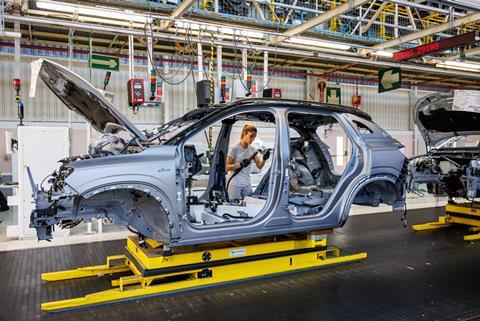
This strategic vision is intricately tied to the deployment of the Industrial Metaverse, a digital ecosystem that stands as a testament to Renault Group’s commitment to technological innovation.
An expanding digital footprint
Thierry Charvet, Chief Industry & Quality Officer, Renault Group commented on the plan, saying: “Re-Industry is a 360° transformation plan. The aim is to build on our strengths and to gather speed in what we already do well, to reinvent our entire industrial base and attain the highest standards in excellence.
“This industrial transformation will make our base more agile, more virtuous and more competitive, while also enabling us to respond more quickly to customer expectations.”
Industrial Metaverse eyes sustainability and industrial impact
The Industrial Metaverse seeks to foster a smarter, faster, and more efficient production network. With 12,000 interconnected systems globally, Renault Group’s Metaverse has already generated €270 million ($291 million) in savings through predictive maintenance.
The comprehensive approach extends beyond cost reduction however, with the aim to cut vehicle delivery times by 60% and reduce the carbon footprint of vehicle production by 50%.
Artificial intelligence also plays a pivotal role in this transformative journey. Renault Group leverages over 300 operational AI applications, including the POK.AI.OK application, which embeds AI concepts in high-performance autonomous control systems with industrial vision. This application enhances quality control while contributing to optimised processes and enhanced efficiencies. Renault seeks to implement 3,000 applications by 2025, supporting the industrial deployment of cutting-edge technologies such as the Software Defined Vehicle, power electronics, and advanced assembly processes.
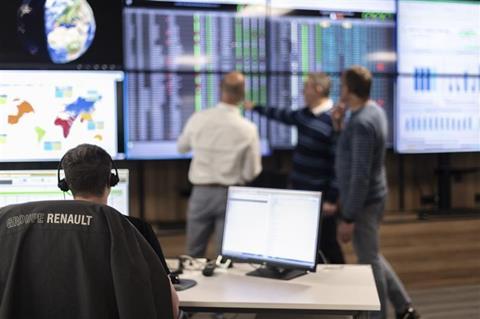
Beyond technology, the Re-Industry plan also has important implications for the workforce. The Metaverse provides increased visibility, enabling agile decision-making and immersive experiences. Virtual reality training, for instance, is employed in the paint shop even before the new model goes into production, contributing to reduced vehicle development times. AI algorithms assist employees in planning, while the Supply Chain Control Tower, developed by the Group, ensures secure supplies and optimised logistics management.
Enhanced flexibility and industrial agility
Renault Group’s expansion of agile practices is evident in the announcement of eight new Renault vehicles and the optimisation of manufacturing capacities. Through the implementation of flexible lines and a new Renault Group Modular Platform, the industrial system is becoming faster, more agile and capable of producing modernised models.
This adaptability has both halved capital expenditure over the past four years and also positions the Group to launch no fewer than 12 new models in 2024, according to the OEM.
Topics
- Artificial intelligence
- Automation
- Automation and Digitalisation
- Design for Manufacturing
- Digital Twin
- Electrification
- EV manufacturing
- Industry 4 and Smart Factory
- Kaizen
- Lean manufacturing
- OEMs
- Operational Excellence
- Predictive Maintenance
- Process Improvement
- Quality
- Renault
- Robotics
- Smart Factory
- Sustainable production
- Virtual reality
- VR and AR Systems





























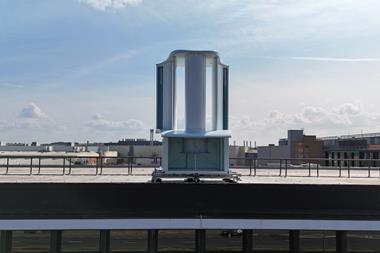

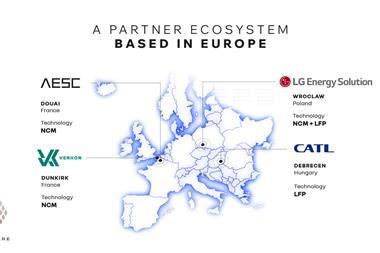
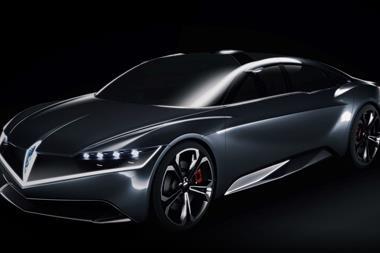
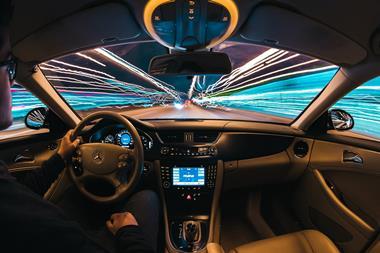
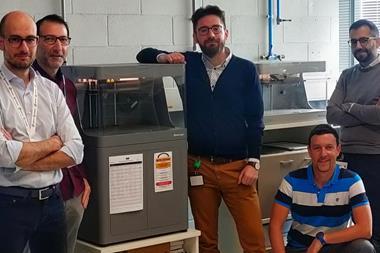



No comments yet